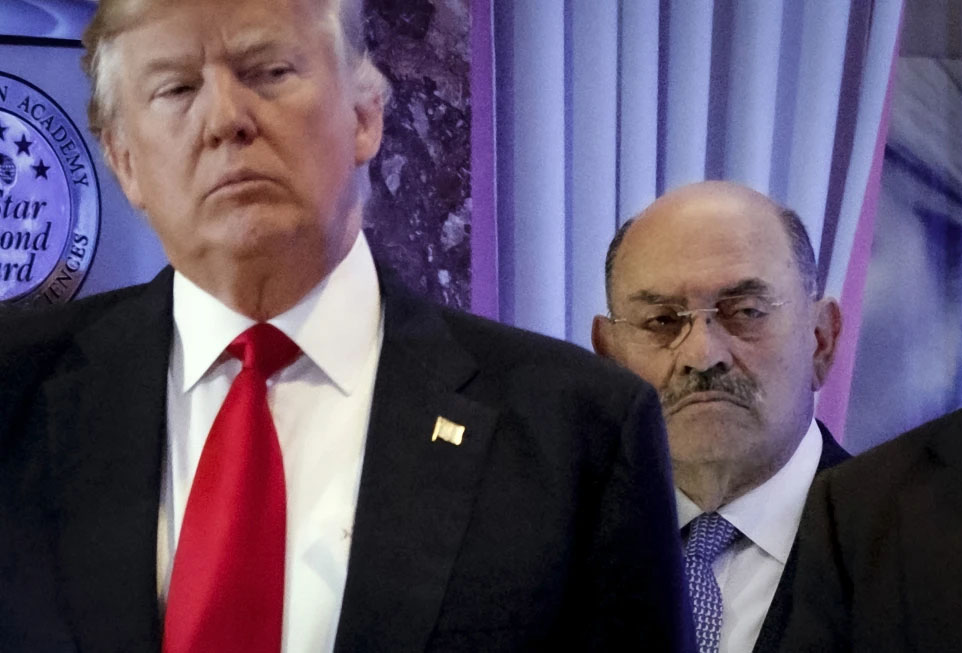
Photo Credit: Getty Images
In a surprise that echoed across global markets, U.S. President Donald Trump on April 2, 2025, announced levying higher tariffs on many African countries with Lesotho being one of the ones affected by a whopping 50%. This was part of a broader game plan to establish a standard rate of 10% tariff on all imports as well as to introduce additional “reciprocal tariffs” against those countries which it considers involving unfair trade practices.
Lesotho, a small southern African country, has long enjoyed a huge trade surplus with the U.S., mainly by exporting diamonds and textiles, specifically denim jeans. These have been made possible through the African Growth and Opportunity Act (AGOA), signed into law in 2000, to foster African economic growth by granting duty-free access to American markets. But the recently imposed tariffs actually undercut the advantages of AGOA, jeopardizing its future, especially because the act is set to expire in September 2025.
Lesotho is not alone in being hit with harsh tariffs. Madagascar has been hit with a 47% tariff, Mauritius with 40%, Botswana with 37%, South Africa with 30%, and Nigeria with 14%. Several other African nations, including Kenya, Ghana, Ethiopia, Tanzania, Uganda, Senegal, and Liberia, will face a baseline tariff of 10% for exports to the U.S. The move represents a dramatic shake-up in U.S.-Africa trade policy, with the effects to ripple across the continent.
The economic impact on Lesotho is drastic. The garment industry, the pillar of Lesotho’s economy, has already been hit hard. As of May 2023, approximately 10,000 workers lost their jobs due to plummeting orders from the U.S., added to the lingering effects of the COVID-19 pandemic. The imposition of the said high tariffs threatens to further destabilize this key sector, which may lead to further factory closings and job losses.
Trade economists and analysts have expressed grave concerns over the broader implications of these tariffs. South Africa, for instance, has a tariff of 30%, as well as other charges on vehicles and parts, risking its $2 billion export to the U.S. Financial markets have responded negatively, with European and Asian stock indices sharply declining. The dollar has hit its lowest point in six months, and safe-haven assets like gold have reached historic highs. Economists suggest that these protectionist policies will mark the beginning of an age of stagflation, i.e., low growth and high inflation, in America and globally.
As African nations grapple with this new economic reality, there is a cry for them to diversify their export markets and reduce over-dependence on the U.S. market. Governments across the continent are now seeking alternative trading partners to mitigate the impact of these tariffs and ensure economic stability in the face of shifting global trade patterns.
















